 Image 1 of 1
Image 1 of 1


Foundations of Instructional Coaching in Montessori Education
Week 1: Introduction to Instructional Coaching in Montessori Settings
Objectives:
Understand the role and purpose of instructional coaching.
Explore the alignment between coaching and Montessori philosophy.
Key Content:
Definition and purpose of instructional coaching.
Key differences between coaching, mentoring, and evaluation.
How coaching supports Montessori principles (e.g., observation, individualized learning, prepared environment).
Week 2: The Coaching Cycle – An Overview
Objectives:
Understand the phases of a coaching cycle.
Explore the importance of setting goals and collecting evidence.
Key Content:
Common coaching cycle models (e.g., Identify–Learn–Improve or Plan–Act–Reflect).
Goal setting using evidence-based data (observations, student work).
Role of the coach throughout the cycle.
Week 3: Building Trust and Coaching Relationships
Objectives:
Understand the foundational importance of trust in coaching relationships.
Learn how to create safe, confidential, and growth-oriented environments.
Key Content:
Psychological safety and confidentiality in coaching.
Building rapport and positive regard.
Using empathy and active listening.
Week 4: Coaching Conversations that Inspire Change
Objectives:
Develop skills for effective coaching conversations.
Practice questioning strategies that promote reflection and growth.
Key Content:
Structure of a coaching conversation (opening, probing, planning next steps).
Types of questions (open-ended, reflective, solution-focused).
Balancing inquiry with advocacy.
Week 5: Observation and Feedback in the Montessori Classroom
Objectives:
Explore effective observation strategies specific to Montessori classrooms.
Learn how to provide non-evaluative, constructive feedback.
Key Content:
Montessori-specific observation tools and practices.
Descriptive vs. judgmental language.
Giving feedback that is actionable and aligned with Montessori principles.
Week 6: Sustaining Coaching Practice & Measuring Impact
Objectives:
Reflect on your development as a coach.
Plan for sustainability and continuous improvement.
Key Content:
Indicators of coaching success (teacher practice, student outcomes, culture shifts).
Gathering and using feedback for your own coaching growth.
Creating systems for ongoing coaching support.
Week 1: Introduction to Instructional Coaching in Montessori Settings
Objectives:
Understand the role and purpose of instructional coaching.
Explore the alignment between coaching and Montessori philosophy.
Key Content:
Definition and purpose of instructional coaching.
Key differences between coaching, mentoring, and evaluation.
How coaching supports Montessori principles (e.g., observation, individualized learning, prepared environment).
Week 2: The Coaching Cycle – An Overview
Objectives:
Understand the phases of a coaching cycle.
Explore the importance of setting goals and collecting evidence.
Key Content:
Common coaching cycle models (e.g., Identify–Learn–Improve or Plan–Act–Reflect).
Goal setting using evidence-based data (observations, student work).
Role of the coach throughout the cycle.
Week 3: Building Trust and Coaching Relationships
Objectives:
Understand the foundational importance of trust in coaching relationships.
Learn how to create safe, confidential, and growth-oriented environments.
Key Content:
Psychological safety and confidentiality in coaching.
Building rapport and positive regard.
Using empathy and active listening.
Week 4: Coaching Conversations that Inspire Change
Objectives:
Develop skills for effective coaching conversations.
Practice questioning strategies that promote reflection and growth.
Key Content:
Structure of a coaching conversation (opening, probing, planning next steps).
Types of questions (open-ended, reflective, solution-focused).
Balancing inquiry with advocacy.
Week 5: Observation and Feedback in the Montessori Classroom
Objectives:
Explore effective observation strategies specific to Montessori classrooms.
Learn how to provide non-evaluative, constructive feedback.
Key Content:
Montessori-specific observation tools and practices.
Descriptive vs. judgmental language.
Giving feedback that is actionable and aligned with Montessori principles.
Week 6: Sustaining Coaching Practice & Measuring Impact
Objectives:
Reflect on your development as a coach.
Plan for sustainability and continuous improvement.
Key Content:
Indicators of coaching success (teacher practice, student outcomes, culture shifts).
Gathering and using feedback for your own coaching growth.
Creating systems for ongoing coaching support.
